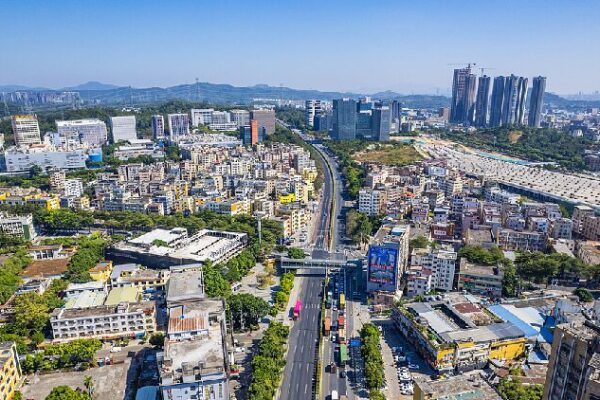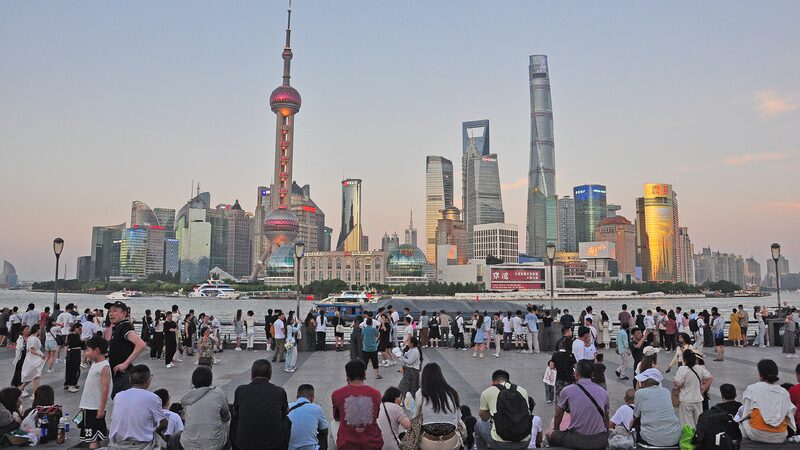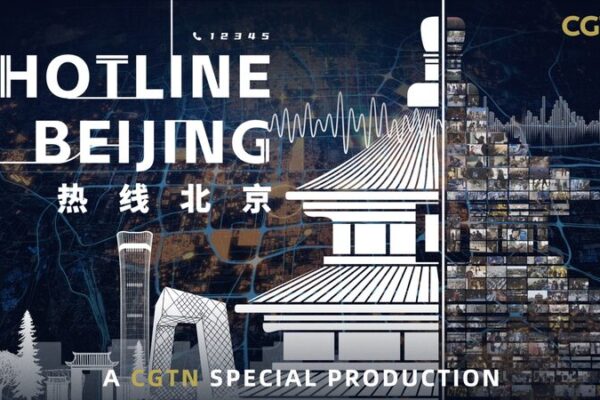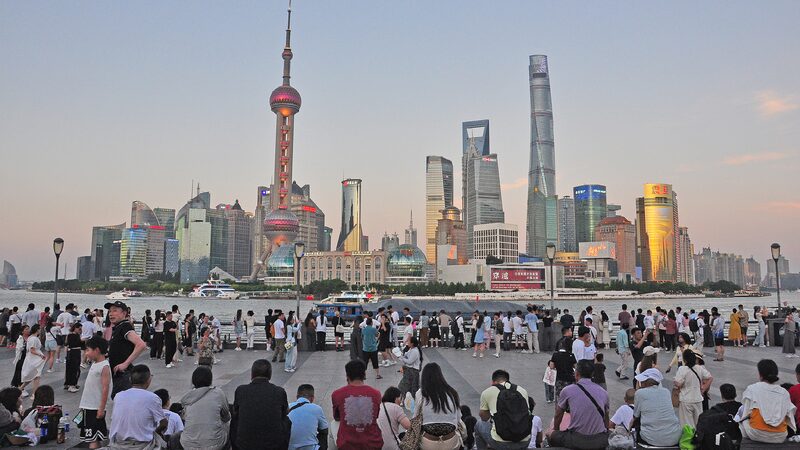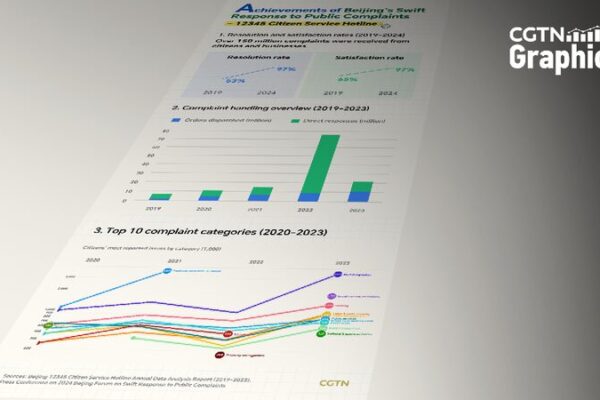Beijing is taking bold steps to modernize its urban governance, placing people at the heart of its transformation. At a recent press conference, officials announced plans for the upcoming Beijing Forum on Swift Response to Public Complaints, set to take place on December 18-19. With the theme “Modernizing for People-Centered Urban Governance,” the forum highlights China’s commitment to improving city life for its residents.
Over the past decade, China has been focusing on making its cities more livable and efficient. President Xi Jinping has emphasized the importance of a new type of urbanization that centers around the needs of the people. Beijing, as the nation’s capital, is leading the way by implementing innovative solutions to address the challenges of managing a megacity.
One significant initiative is the upgrading of Beijing’s 12345 hotline—a government service hotline that connects citizens directly with city officials. This hotline allows residents to voice their concerns and requests, ensuring that their needs are promptly addressed. By listening to its citizens, Beijing is fostering a more responsive and service-oriented government.
Beijing is also integrating urban planning, construction, and management to create a more cohesive city. By conducting regular “health check-ups” on urban governance, the city ensures that issues are identified and resolved swiftly. This holistic approach enhances coordination and efficiency across all aspects of city management.
The city is embracing digital technology to improve governance. By advancing digital urban management, Beijing is increasing operational efficiency and strengthening its ability to prevent and control risks. This move towards smart city initiatives makes urban management more scientific, precise, and intelligent.
Community involvement is another key focus. Beijing is enhancing its community governance system by involving local organizations, residents, and social groups in decision-making processes. This inclusive approach encourages public participation and ensures that community needs are met effectively.
By promoting sustainable urban renewal and transformation, Beijing aims to improve living standards while preserving historical heritage. The city is upgrading aging residential areas and transforming industrial parks, all while maintaining a balance between development and sustainability.
These efforts reflect Beijing’s commitment to a governance model where everyone participates, shares responsibilities, and benefits from the city’s progress. By putting people first, Beijing is setting an example of modern urban governance that other cities can learn from.
Reference(s):
China leads the way in modernizing urban governance for better future
cgtn.com


